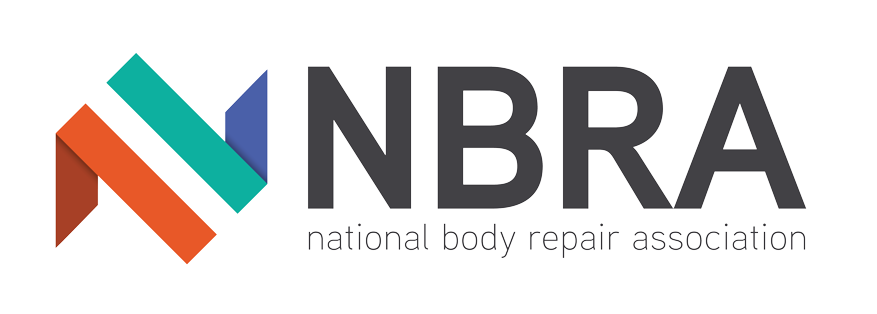
In the news last week was the case of Asad Farooq v Liverpool Football Club, where Mr Farooq had claimed that he was turned down for a role based upon his race. Mr Farooq identifies himself as having British Asian heritage and applied for the role of ‘First Team Operations Manager’, having not held a similar post in the past. Liverpool FC successfully argued that their decision to recruit another candidate had nothing to do with Mr Farooq’s race at all, which the Tribunal accepted was the case. Liverpool’s argument was supported by the fact they had short-listed other non-white candidates but also that there was no evidence race was involved in the decision to not interview Mr Farooq but rather his inexperience was the reason instead. This article will detail some top tips and guidance for avoiding discrimination in the recruitment process.
Duty to not discriminate
Under the Equality Act 2010, An employer (A) must not discriminate against or victimise a person (B):
· In the arrangements A makes for deciding to whom to offer employment;
· As to the terms on which A offers B employment;
· By not offering B employment.
Further, an employer (A) must not, in relation to employment by A, harass a person (B) who has applied to A for employment. The Equality Act does also provide for ‘positive discrimination’ but that is for another article, and we would urge you to act with caution before considering this.
Recruitment process ‘arrangements’
An employer must not discriminate in the “arrangements” it makes for deciding to whom to offer employment. Including, for example, the format and content of application forms, the physical arrangements, location and timing of interviews and the job and person specifications. An obvious example would be someone who needs a wheelchair due a disability not being able to be interviewed because there was no wheelchair access to the building where the interview was due to take place.
Advertisements
An individual who applies unsuccessfully for a job may be able to point to a discriminatory advert as evidence that the employer’s failure to offer them the job was unlawful discrimination. This can be the case even where someone has not applied too. For example, if an employer were to state in a job advert “Gypsies and Travellers need not apply”, this
could amount to direct discrimination because of race against a Gypsy or Traveller who might have been eligible to apply for the job but was deterred from doing so because of the statement in the advert. In this case, the discriminatory basis of the treatment is obvious from the treatment itself.
Interviews
It is in interviews where we see the most complaints arise in the recruitment process. There have been Employment Tribunal cases in the past where questions are based on assumptions about the capabilities or characteristics of people from a particular group sharing a protected characteristic. For example, questions about childcare arrangements, living arrangements, or plans to get married or to have children. In one particular case the employer was ordered to pay £4,000 for injury to feelings to a prospective female employee on the basis of questions at interview which implied that she would not be able to hold down the job because she had children.
Best practice in avoiding discrimination in the recruitment process
An employer can reduce the possibility of unlawful discrimination taking place by ensuring that the staff involved in the interview and selection process have had equality training and training about interviews, to help them:
· Recognise when they are making stereotypical assumptions about people.
· Apply a scoring method objectively.
· Prepare questions based on the person specification and job description and the information provided in a candidate’s application form or CV.
· Avoid questions that are not relevant to the requirements of the job.
The last point is the one that employers get wrong most often. Ensure interviewers are cautious when asking ‘settling in questions’ at the start of interviews, as this is often where more personal questions are innocently asked but which may be portrayed in a negative light. When rejecting a candidate for a job, make sure you document internally why that person was rejected. Like the Liverpool FC case, this will put you in a good position to defend a claim if one is made.
Don’t forget, this advice is general in nature and will need to be tailored to any one particular situation. As am RMI member you have access to the RMI Legal advice line, RMI template documents, including a disciplinary process, as well as a number of industry experts for your assistance.
Motor Industry Legal Services
Motor Industry Legal Services provides fully comprehensive legal advice and representation to UK motor retailers for one annual fee. It is the only regulated law firm in the UK which specialises in motor law and motor trade law. MILS currently advises over 1,000 individual businesses within the sector as well as the Retail Motor Industry Federation (RMI) and its members.





